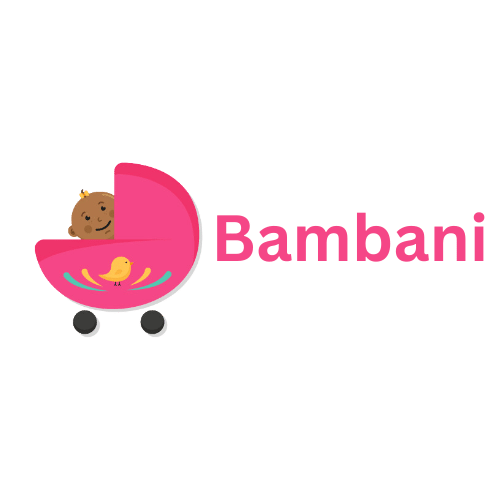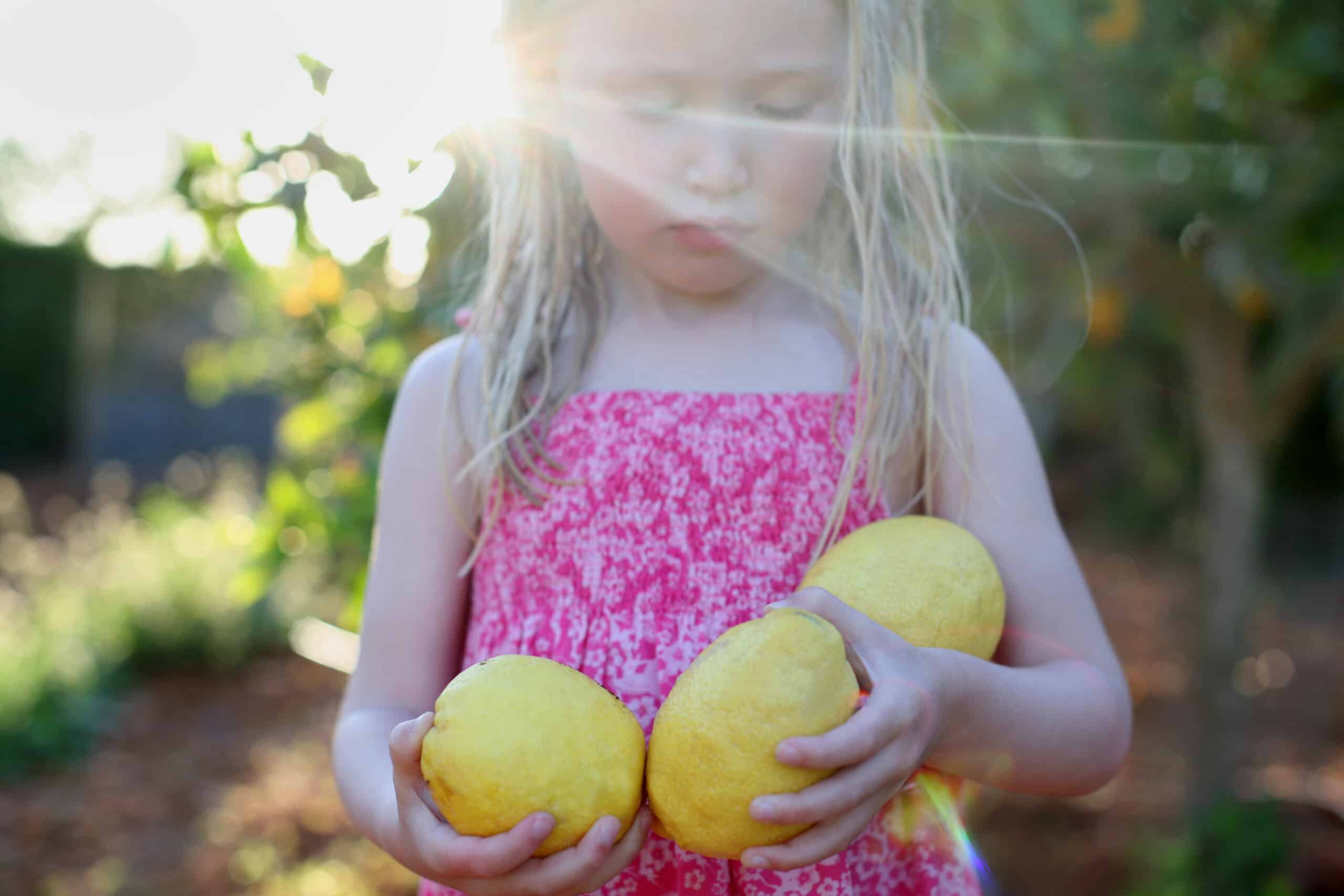Are you a new parent eager to provide the best start in life for your precious little one? When nourishing their developing minds, making the right food choices is vital. But with so many options, how do you navigate the endless aisles of baby food?
This blog post will delve into the age-old debate of organic vs. non-organic brain food for babies. Brace yourself for an enlightening journey as we unravel the truth behind these choices and empower you to make informed decisions that support your baby’s cognitive development.
What is organic food?
Organic foods are those that are grown without the use of synthetic pesticides, herbicides, or fertilizers. They also cannot be genetically modified. Organic foods must meet specific standards set by the United States Department of Agriculture (USDA).
The USDA organic standards prohibit sewage sludge, irradiation, and genetic engineering in food production. Organic foods cannot be grown with synthetic pesticides, herbicides, or fertilizers. They also cannot be treated with irradiation or genetic engineering.
So what does this mean for you and your baby?
Organic foods may contain more vitamins, minerals, and antioxidants than non-organic foods. This is because they are not exposed to the harmful chemicals found in synthetic pesticides, herbicides, and fertilizers. Studies have shown that organic foods may also contain higher levels of certain nutrients, such as vitamin C and omega-3 fatty acids.
Organic foods may also be less likely to contain harmful bacteria or contaminants. This is because organic farms must follow strict guidelines on cleaning and storing their products.
So what’s the bottom line?
Choose organic whenever possible if you want to feed your baby the best food. Look for the USDA organic label when shopping for groceries. Ask your waiter or waitress if the restaurant serves organic dishes when dining out.
Benefits of Organic vs. Non-Organic Food
There are many benefits of organic vs non-organic food. One of the most significant benefits is that organic food does not contain pesticides or herbicides.
These chemicals can be harmful to your baby’s developing brain. Non-organic food may also include hormones and other additives that harm your baby’s health.
Organic food is also generally more nutritious than non-organic food. This is because organic farmers use sustainable growing practices that preserve the nutrients in the soil.
Pros and Cons of Organic Baby Brain Food
There are a lot of factors to consider when deciding whether or not to feed your baby organic foods. One of the most critical considerations is food’s impact on your baby’s developing brain. According to some studies, organic foods may benefit brain development compared to non-organic foods.
On the other hand, other studies suggest that there may be no difference between organic and non-organic foods regarding brain development. So, what’s a parent to do?
Let’s take a look at some of the pros and cons of feeding your baby organic brain food:
Pros:
1. Organically grown fruits and vegetables may contain higher nutrients essential for brain development, such as omega-3 fatty acids.
2. Some research suggests that exposure to pesticides and other chemicals in non-organic foods may harm the developing brain.
3. Organic foods are generally free from artificial additives, flavors, and colors that could disrupt normal brain development.
Cons:
1. Organic foods can be more expensive than non-organic options.
2. Finding organically grown fruits and vegetables can be challenging, especially in some regions of the country.
3. There is no definitive proof that organic foods benefit brain development over non-organic options.
Types of Organic Baby Food
There are several types of organic baby food available on the market. The most popular type is jarred baby food in almost any supermarket. Several organic baby food brands offer frozen or fresh options.
There are a few different methods for parents who want to make their own organic baby food. One option is to cook regular meals and then purée them into a smooth consistency for your baby.
Another method is to use a blender or food processor to create homemade organic baby food purees. Some parents even feed their babies raw fruits and vegetables as long as they are adequately cleaned and peeled.
You must read the labels carefully, no matter what organic baby food you choose. Ensure that your product does not contain added sugars, artificial flavors, or preservatives. These ingredients can be harmful to your child’s developing brain and body.
Recipes for Organic Baby Brain Food
When it comes to feeding your baby, you want to ensure you give them the best nutrition to support their developing brain. Organic foods are an excellent option for securing your baby gets the nutrients they need. Here are some recipes for organic baby brain food that you can feel good about feeding your little one:
-Pureed organic fruits and vegetables: This is an easy and nutrient-rich way to feed your baby. You can puree any combination of organic fruits and vegetables that you like. Just be sure to avoid adding any salt, sugar, or other unnecessary ingredients.
-Organic oatmeal: Oatmeal is an excellent source of whole grains essential for cognitive development. Look for organic options that are free of added sugars or artificial flavors. You can cook the oatmeal according to package directions, or try making overnight oats by soaking oats in milk overnight and then adding pureed fruit in the morning.
-Organic yogurt: Yogurt is a good source of protein and calcium, which are essential for brain development. Look for plain organic yogurt with no added sugars or artificial ingredients. You can sweeten it with fresh fruit or honey if desired.
-Homemade Organic Baby Food: Many recipes are available online to make your organic baby food home. This is an excellent option if you want to have complete control over what goes into your baby’s food
Alternatives to Organic Baby Brain Food
If you’re looking for alternatives to organic baby brain food, plenty of options are available. Non-organic baby foods can be as nutritious and healthy for your little one’s developing brain. Here are a few things to keep in mind when choosing non-organic baby food:
-Look for baby foods that are made with whole, unprocessed ingredients.
-Avoid baby foods with added sugar, salt, or other artificial flavors and preservatives.
-Choose baby foods high in healthy fats, proteins, and essential nutrients like omega-3 fatty acids and iron.
So, what are some excellent non-organic options for brain food? Here are a few of our favorites:
1. Gerber Graduates Lil’ Bits Oatmeal Banana Strawberry Apple Baby Food: This yummy blend of oatmeal, banana, strawberry, and apple contains whole grains, fruit, and essential nutrients like iron and calcium. Plus, it’s easy to prepare and contains no added sugar or salt.
2. Beech-Nut Classics Sweet Potato & Chicken Baby Food: This simple yet delicious combination of sweet potato and chicken is perfect for babies starting solid foods. It’s packed with protein, essential vitamins, and minerals but no added sugar or salt.
3. Earth’s Best Organic Toddler Meals Roasted Chicken & Vegetables: If you’re looking for an organic option, this roasted chicken and vegetable meal is a great choice. It’s made with organic ingredients like carrots, squash, and potatoes, plus it contains iron and calcium to help support your little one’s growing brain.
No matter what type of baby food you choose for your child, make sure it’s both nutritious and delicious!
Read more about Choose Baby Brain Organics…
Conclusion
Ensuring your baby gets the best possible nutrition is essential for their healthy growth and development. We have discussed the key differences between organic and non-organic food, so you can decide which type of food is best for your child.
Ultimately, it’s up to you as a parent to determine what kind of brain food you want to give your baby – but we hope this article has provided some helpful insight into the benefits of choosing organic or non-organic options.





